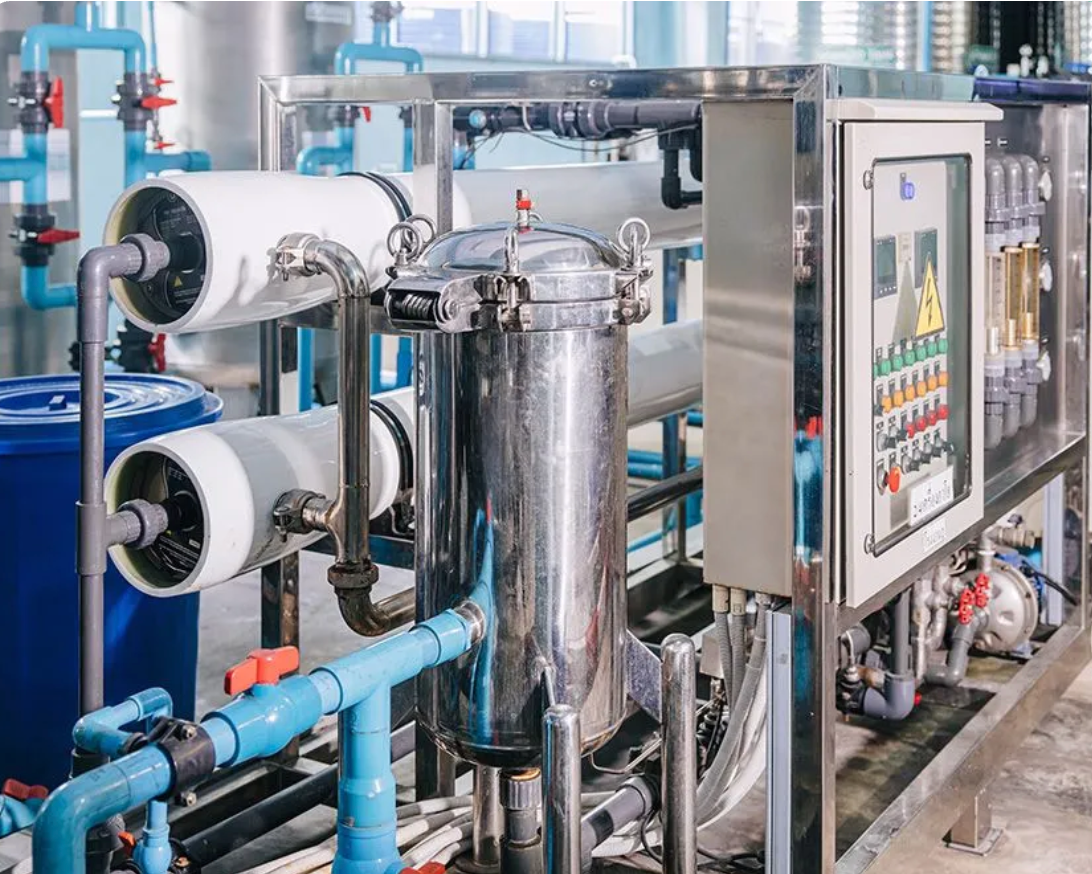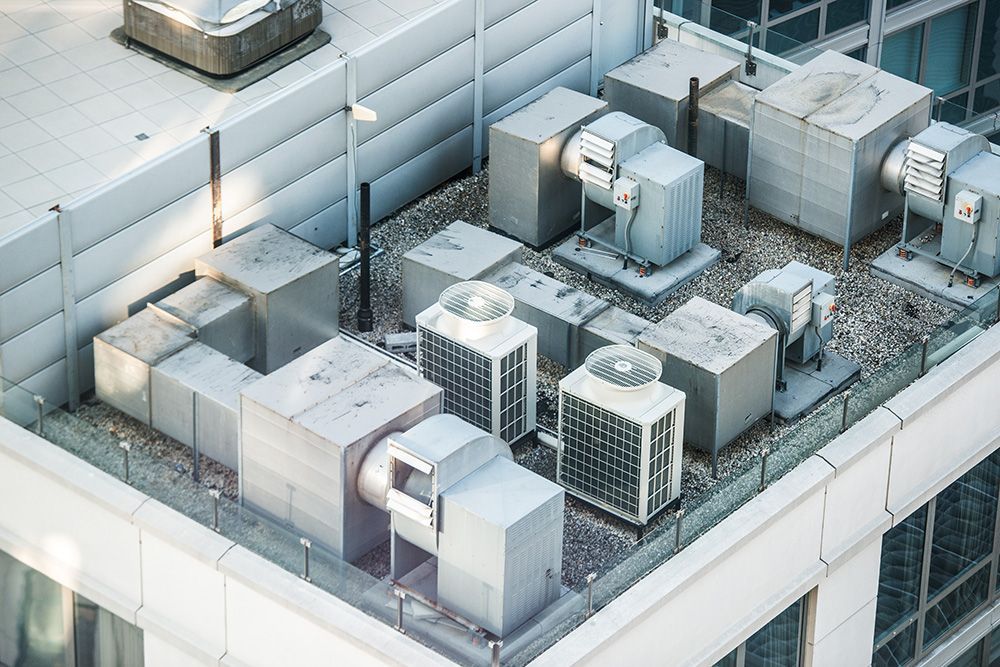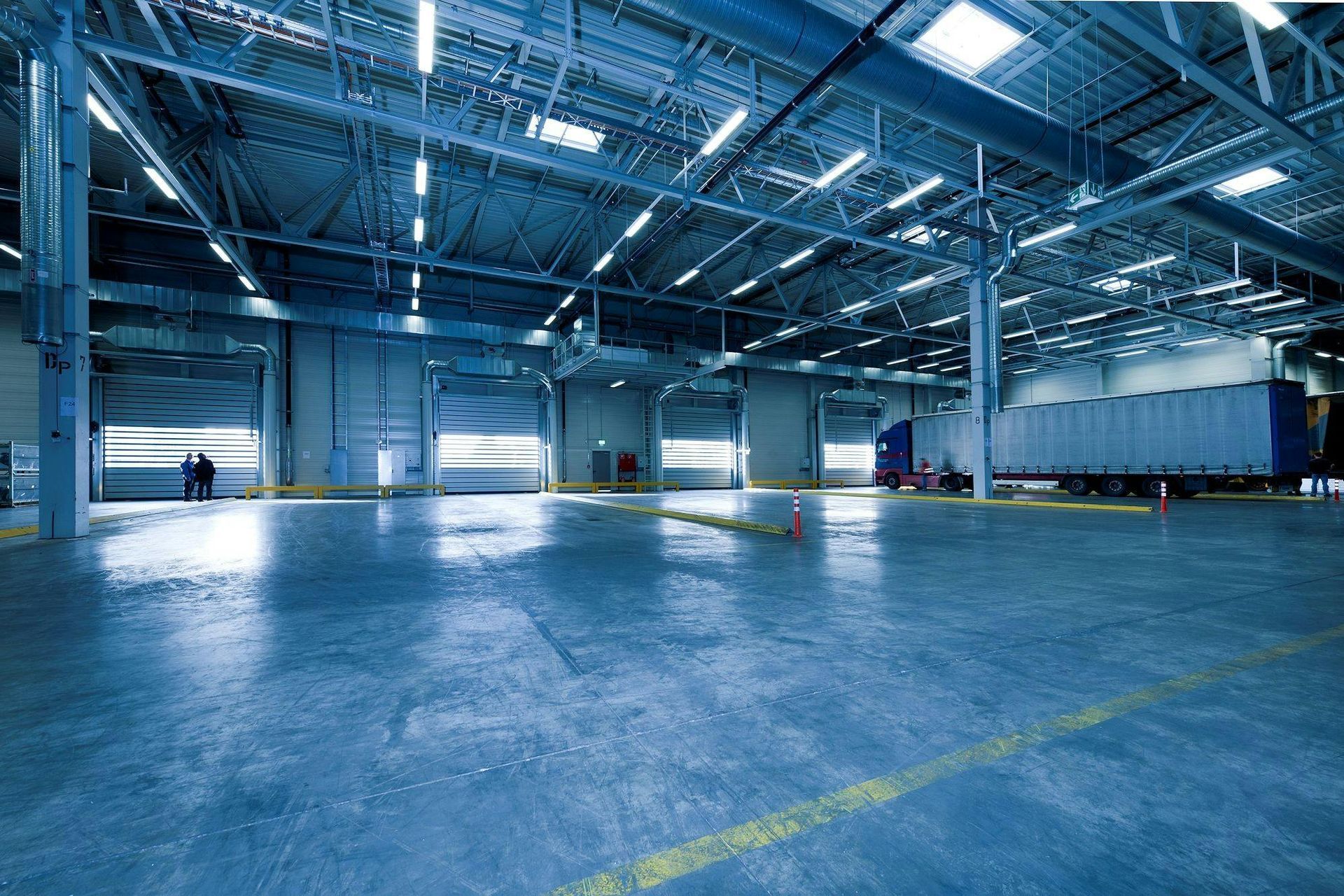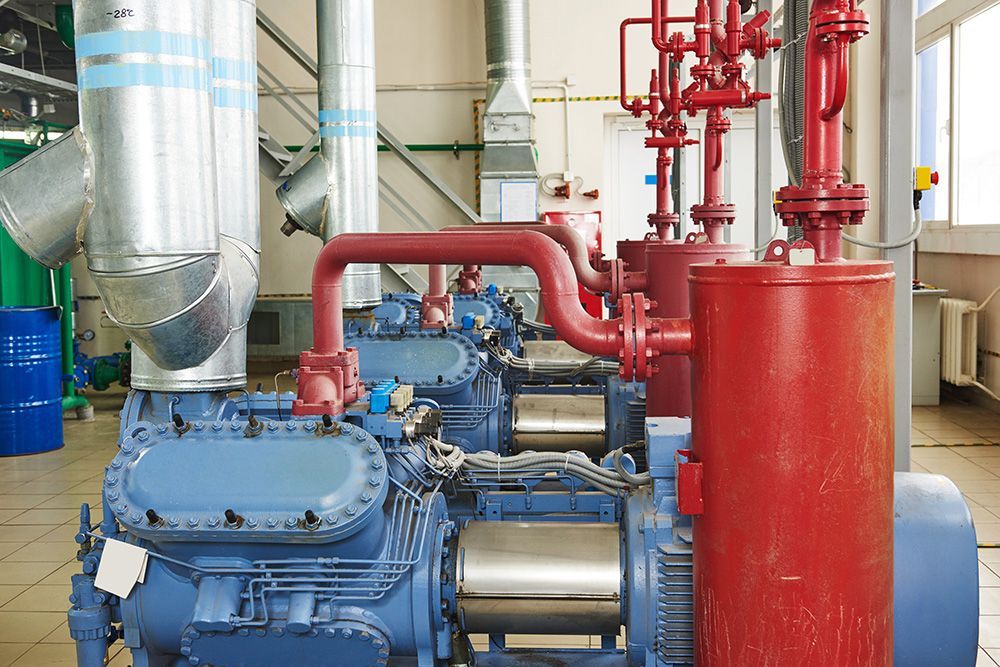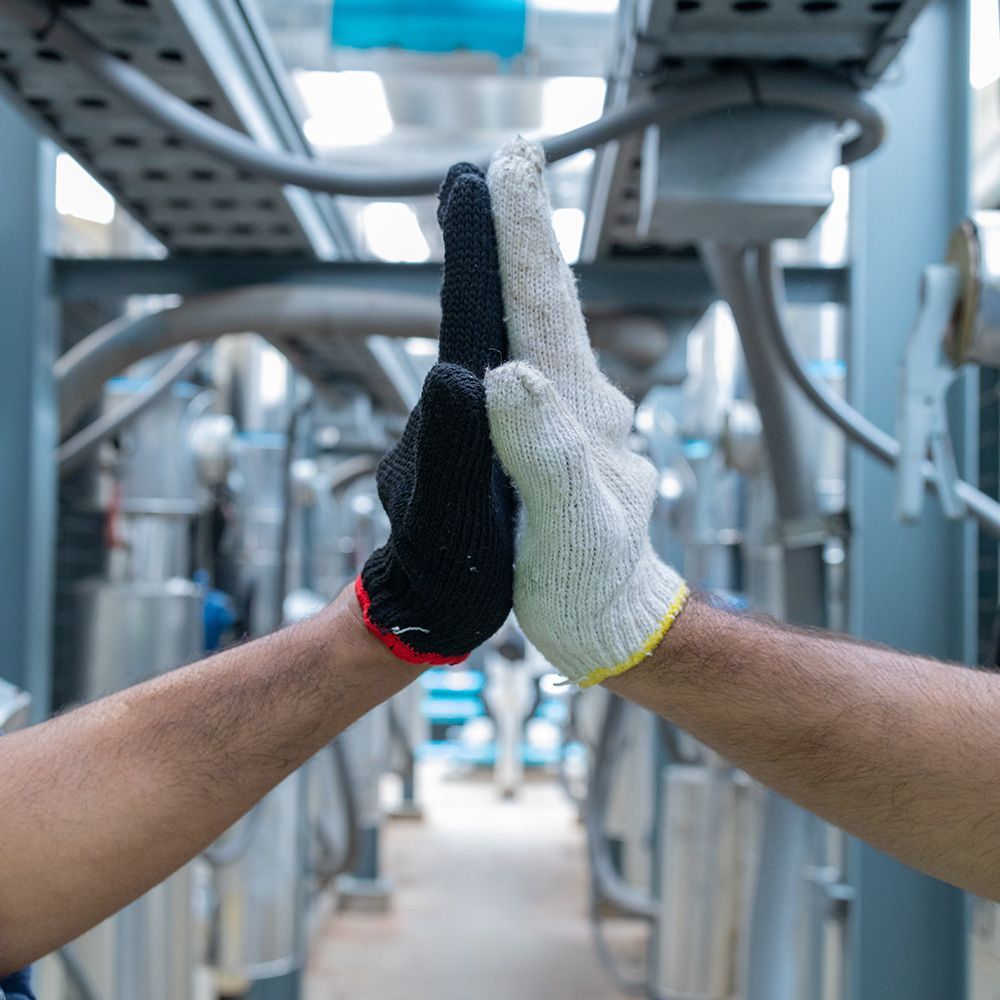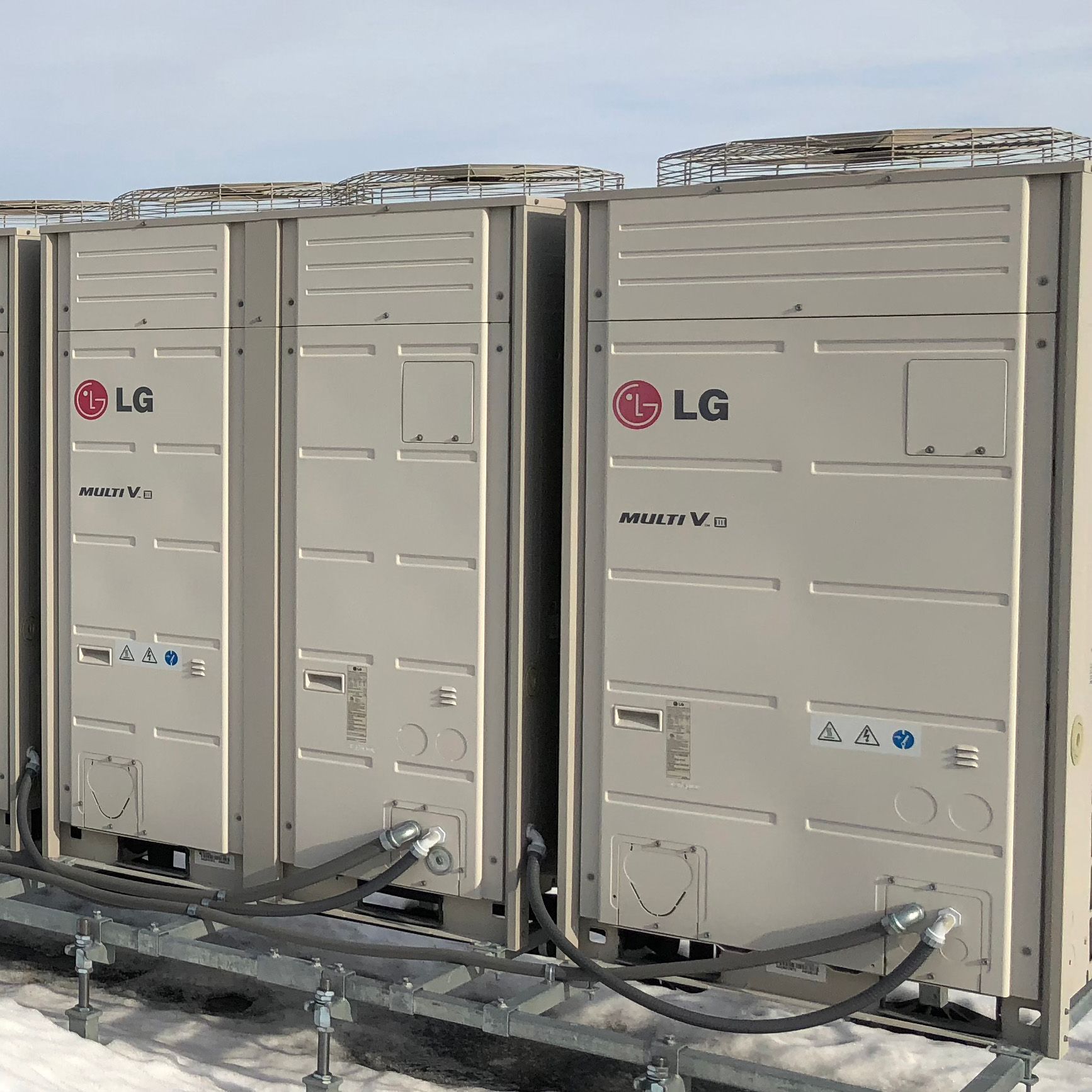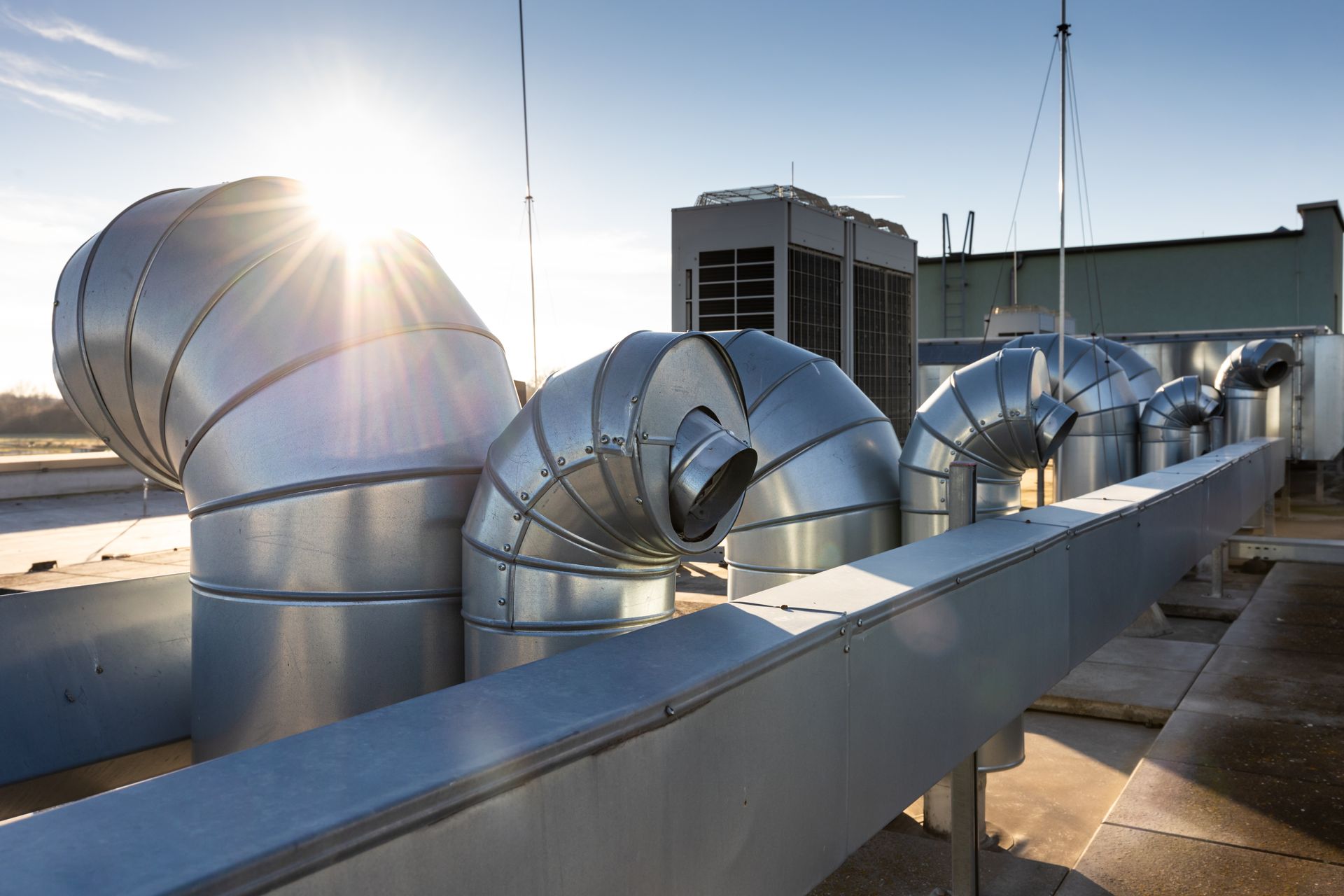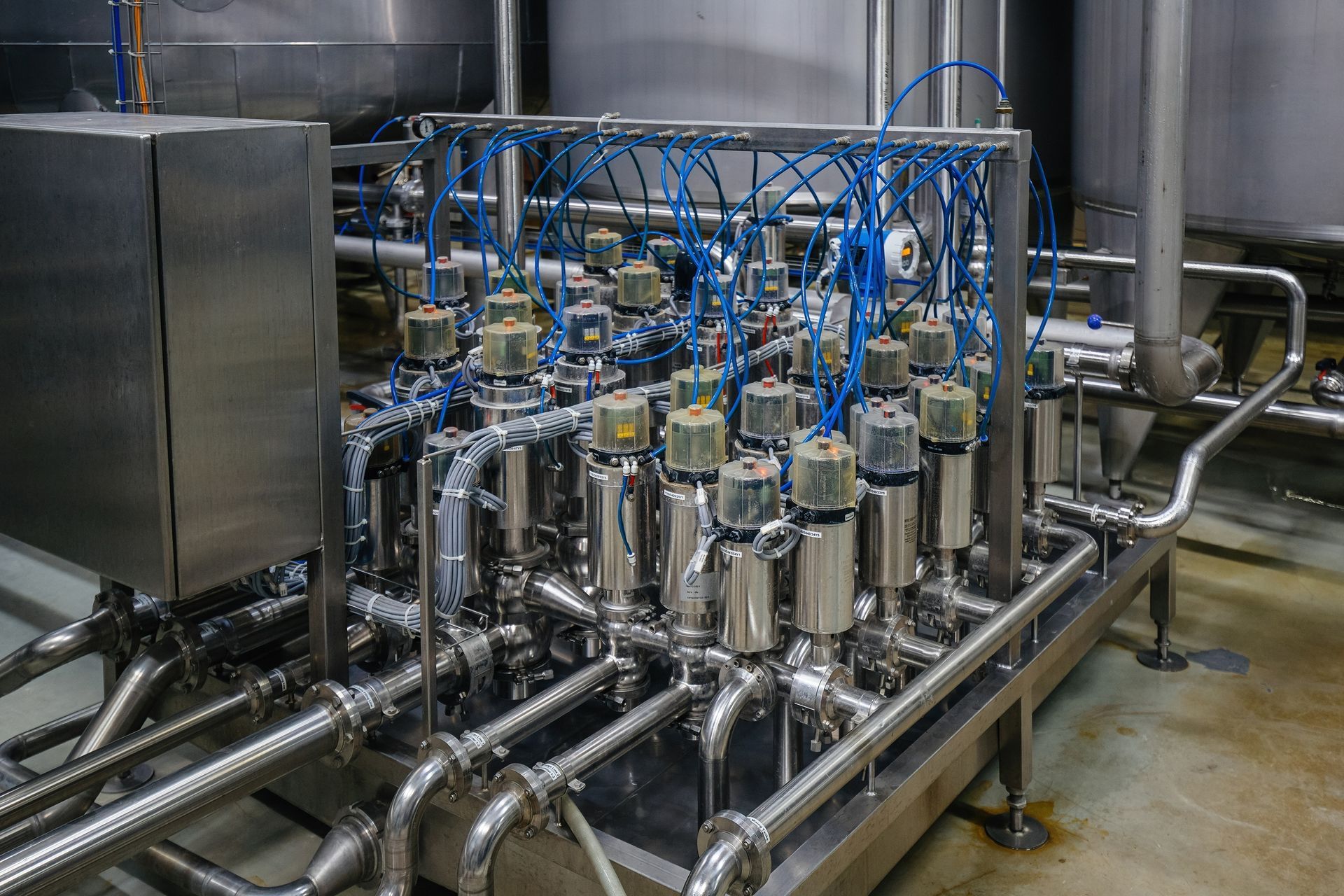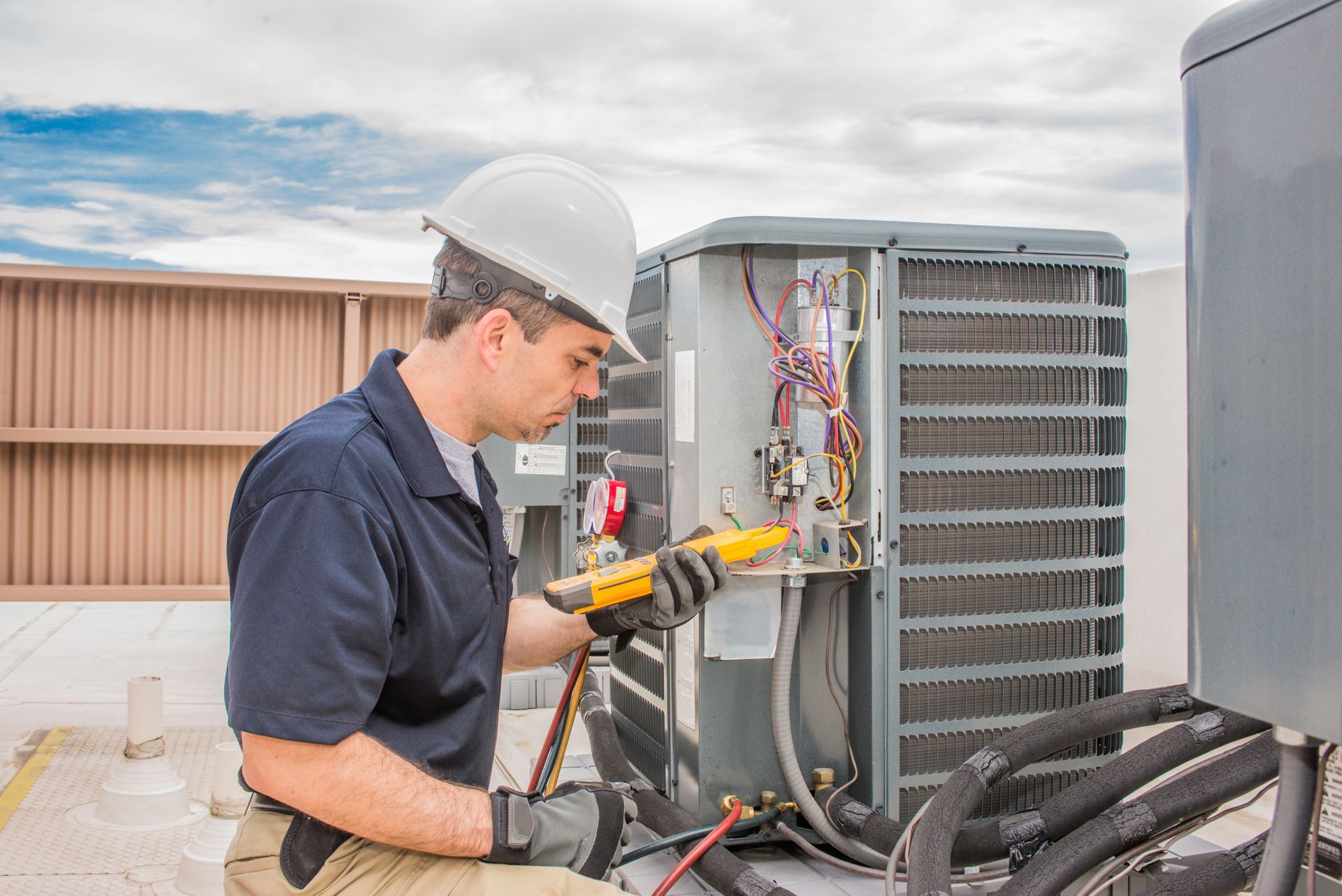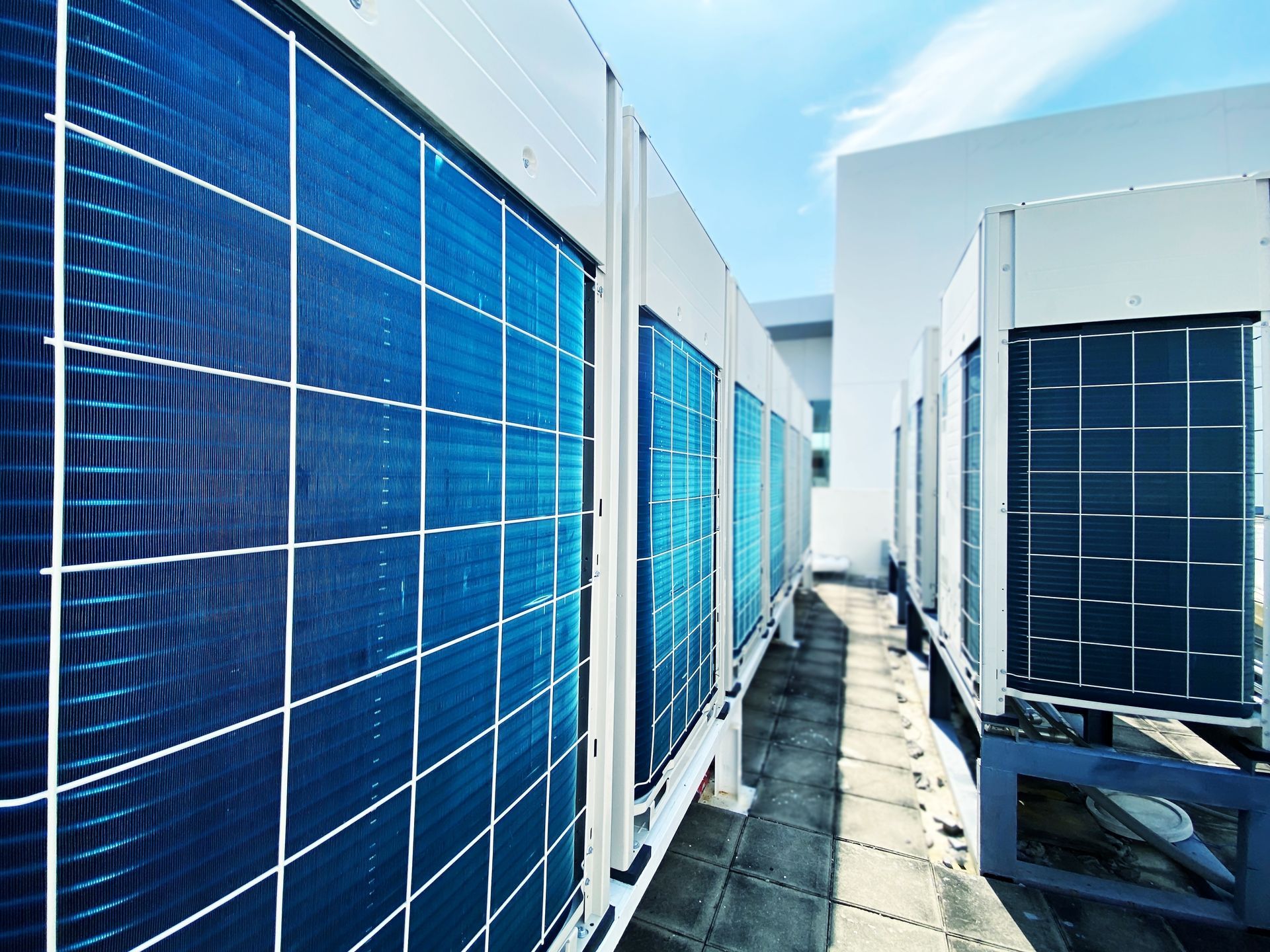The Importance of Sanitary Food Process Piping in Commercial Facilities
The Importance of Sanitary Food Process Piping in Commercial Facilities
When you work in the food industry, there is one thing that matters more than anything else: cleanliness. Whether you are producing packaged foods, beverages, or ingredients, maintaining a sanitary environment is critical to both your product quality and your reputation. That is where sanitary food process piping comes in.
At Anderson Mechanical, we have been trusted for food-grade piping installation across Kansas City for years. We understand the pressure food manufacturers face to meet health regulations, stay efficient, and protect their brands. Let’s walk through why sanitary process piping matters so much and what it can mean for your operation.
Food-grade piping is not just regular piping with a fancy name. It is a completely different level of design, material, and installation meant specifically to handle products that will be consumed by the public. Every part of a sanitary process system needs to minimize contamination risks, be easy to clean, and resist corrosion from both food products and cleaning chemicals.
In Kansas City’s growing food production industry, this has become even more important. Companies are scaling up, expanding their operations, and needing more sophisticated process systems to keep up with demand. Without the right piping system in place, businesses risk costly shutdowns, product recalls, or even damage to their brand’s reputation.
Sanitary process piping involves specific materials like stainless steel, which resists corrosion and does not leach contaminants into the product. It also requires expert welding techniques like orbital welding to create smooth, crevice-free connections. Even a small gap or rough surface inside a pipe can trap bacteria and lead to contamination if the system is not built properly.
When food-grade piping is designed and installed correctly, it creates a smooth, easy-to-clean pathway for products to move through production. Cleaning protocols like Clean-in-Place (CIP) systems become more effective. Bacteria have fewer places to hide. Routine sanitation becomes faster, cheaper, and more reliable.
At Anderson Mechanical, we work with Kansas City businesses to design systems that meet USDA, FDA, and industry-specific standards. We understand that different products come with different challenges. Installing piping for a dairy facility is different from setting up systems for a brewery or a snack food producer. We take the time to understand your exact needs and create a sanitary process piping system that fits your operation, not just a one-size-fits-all setup.
If you are planning a new facility, expanding your production line, or upgrading your equipment, thinking about your food-grade piping early can save you time and money down the road. Many Kansas City businesses make the mistake of trying to retrofit sanitary piping into a plant that was never designed for it. It is possible, but it is much more expensive and complicated than getting it right from the start.
When your piping system is designed specifically for food production, everything flows better. Literally. You get better product consistency, faster processing times, and a safer overall environment. Your team will spend less time on cleaning and repairs and more time focused on production.
Choosing the right contractor for your food-grade piping installation in Kansas City is one of the most important decisions you can make. This is not an area where you want to cut corners. A rushed or sloppy installation can create long-term problems that are expensive and difficult to fix later.
Anderson Mechanical takes pride in doing things the right way from day one. Our team is highly trained in sanitary welding, clean installation practices, and the unique requirements of food production facilities. We coordinate closely with your engineers, facility managers, and quality assurance teams to make sure every weld, every fitting, and every system is built for long-term success.
The importance of documentation cannot be overstated either. Sanitary process piping installations require full traceability. Every material used, every weld performed, and every test conducted needs to be documented. If you ever face a food safety audit, having complete documentation on your piping system can make the difference between passing with flying colors and facing major fines or shutdowns.
Anderson Mechanical provides full documentation for every food-grade piping installation we perform in Kansas City and the surrounding areas. We make sure you have a record of compliance that stands up to even the most rigorous inspection.
Another major benefit of having the right sanitary process piping is the flexibility it gives your business. A well-designed system can grow and adapt as your product lines evolve. You might add new ingredients, change formulas, or scale up your production, and with a smartly built piping system, those changes are much easier and less expensive to implement.
Many Kansas City food producers we work with have told us that investing in quality sanitary piping upfront made future expansions much easier. They did not have to rip out old systems or work around outdated layouts. Their operations stayed efficient, and they were able to respond faster to new opportunities.
At the end of the day, sanitary food process piping is about trust. Your customers trust that your products are safe, clean, and high quality. Your brand depends on that trust. Every pipe, weld, and valve in your system plays a part in upholding that standard.
Kansas City’s food production industry is competitive. Consumers have more choices than ever, and news travels fast when something goes wrong. Investing in food-grade piping installation from an experienced mechanical contractor like Anderson Mechanical is one of the smartest moves you can make to protect your business and grow with confidence.
If you are ready to install a new sanitary process system or upgrade your existing setup, Anderson Mechanical is here to help. We offer turnkey services that include design, installation, testing, and ongoing maintenance. Our team knows the Kansas City market and understands the specific needs of food producers in this region.
Reach out to us today to schedule a consultation. Let’s make sure your piping system supports your success, not stands in the way of it. Your product quality, your compliance, and your reputation are too important to leave to chance. Trust Anderson Mechanical to deliver sanitary process piping solutions you can depend on.
